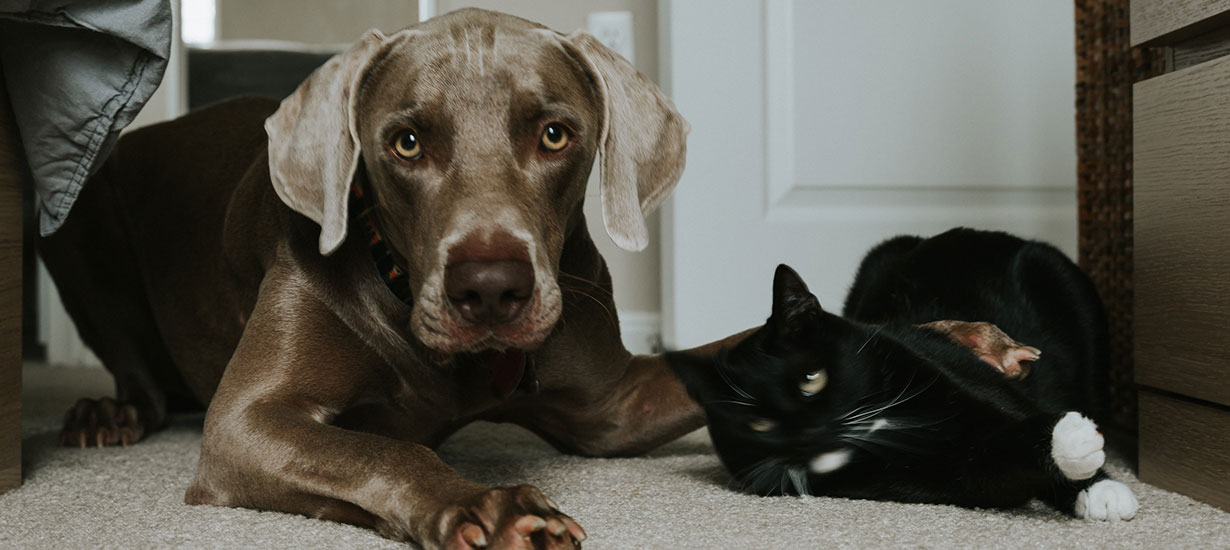IMPORTANT: Our shelter is temporarily closed to visitors. DETAILS HERE
Limited visitation for cats. See Details HERE

Giardia is an intestinal parasite that can infect cats and dogs.
Giardia is spread by ingesting the feces of infected animals. For example, your pet could get infected from rolling in contaminated soil and licking themselves, or drinking water from a contaminated puddle.
Once ingested, a giardia cyst passes into the intestines where it attaches itself to the intestinal wall in order to feed and grow. Eventually, infectious cysts will pass in the stool. Those cysts can infect another animal.
The risk of getting giardia from your pet is small, but to protect yourself from an infected pet, you should clean and disinfect areas your pet has access to regularly, and wash your hands frequently.
Cats that are allowed to roam outside are at a higher risk of being exposed to giardia. Symptoms include weight loss and stools that are greenish in colour or that contain excess mucous.
One way to prevent this illness is to keep your cat indoors. By limiting their risk of exposure, you can keep your cat healthy and safe and also make sure you and your family members don’t get sick.
Symptoms in dogs can include diarrhea, vomiting, unkept or dry coat, reduced weight and dehydration.
To prevent your dog from getting giardia, make sure they don’t eat anything off the ground and train them to leave items they find on the ground alone. Avoid areas where there might be large amounts of dog feces on the ground.
Giardia cysts are microscopic, so you won’t be able to see them in your pet’s feces. If you think your dog or cat may be sick, immediately take them to the vet.
Giardia isn’t typically life-threatening, but it can be more difficult for kittens, puppies, or pets with pre-existing health issues or who are older.
Follow your veterinarian’s recommendations and make sure to take your pet to all follow-up appointments.